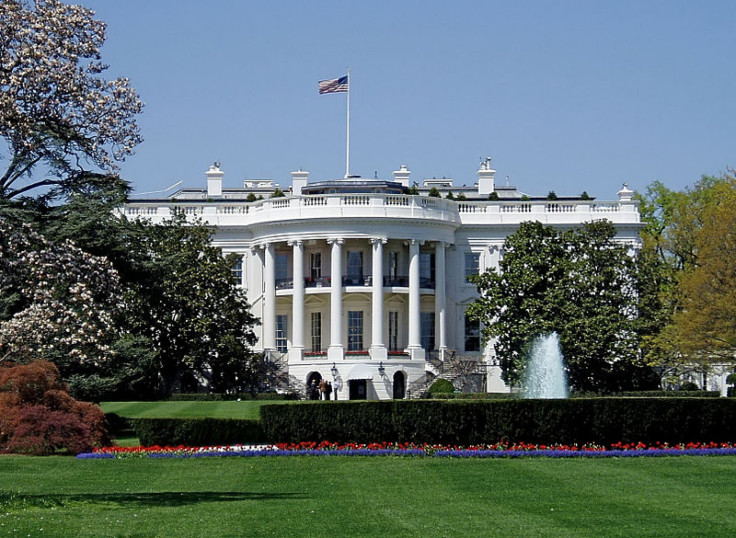White House Petitions: Are They Pointless?

Our country would not be what it is without the preservation of democracy, but at a time when even the most legitimate ideal can be flounced into digital oblivion, it can be an equally flippant one. If “We the People” had our way lately, Piers Morgan would be deported, David Gregory would be in jail and Texas would be its own country.
Those are just some of the ideas gaining steam in recent weeks on the “We the People” page of the White House website, where anyone with a computer can launch a petition, and any petition that garners more than 25,000 signatures is supposed to get an official response from the Obama administration. The system was launched in September 2011 and gained widespread press following the 2012 presidential election, when petitions to secede from the union were filed from all 50 states. Texas leads the way on that front, with more than 100,000 signatures, but the White House has yet to respond.
Petitioning the government for a redress of grievances is a First Amendment right, but it’s safe to say our Founding Fathers never envisioned Americans exercising that right with the click of a mouse. The ease with which one can launch a “We the People” petition and share it via social networks has added an air of frivolity to the whole thing -- hence a recent petition to recognize the Mountain Goats front man John Darnielle as “U.S. Poet Laureate,” which has already attracted 400 signatures. Other recent petitions include officially recognizing the Roman Catholic Church as a hate group and publicly acknowledging the secret cure for cancer. “We the people are fully aware that a scientifically proven cure for cancer exists,” writes the petitioner.
Perhaps the biggest problem with the petitioning system is its apparent lack of oversight, essentially turning the well-intentioned forum into just another crowdsourcing website. With nothing more than an email address, IBTimes was able to create a “We the People” account under a made-up name and spend the morning signing petitions. Indeed, it seems that some of the petitions had little to do with the United States at all. Responding to a petition earlier this week to deport CNN’s Piers Morgan for his outspoken views on gun control, one user created a counter petition to keep Morgan where he is because “No one in the U.K. wants him back.” That petition has amassed more than 7,500 signatures in four days. Conceivably, it could reach the 25,000 threshold by next week, but it’s hard to imagine the president holding a press conference about it.
A White House spokesperson did not respond to a request for comment about the petitioning guidelines. However, the “We the People” policy agreement does clearly state that the system is a bit of a work in progress. The guidelines say the White House reserves the right to raise the 25,000 threshold, which is likely to happen given the increasing popularity of the system, and the fact that news outlets treat each new ridiculous petition as press.
According to the website, “We the People” was created to “allow individuals to petition the Administration to take action on a range of issues -- to address a problem, support or oppose a proposal, or otherwise change or continue federal government policy or actions.” It’s actually a sound idea, and in defense of the system, many of the larger petitions do deal with serious issues that warrant government action. Earlier this year, two petitions to veto the controversial Stop Online Piracy Act were heard loud and clear by the administration.
Now if only Obama would respond to that petition calling on the federal government to build a Death Star.
© Copyright IBTimes 2024. All rights reserved.






















